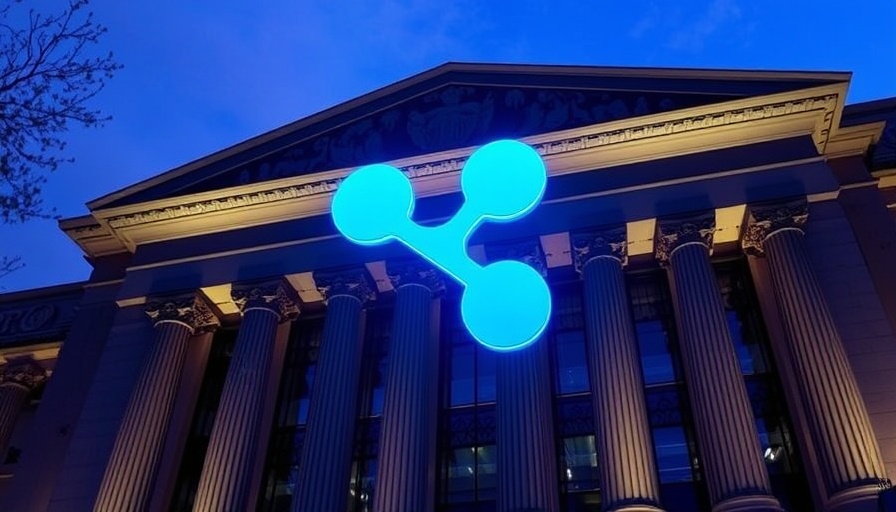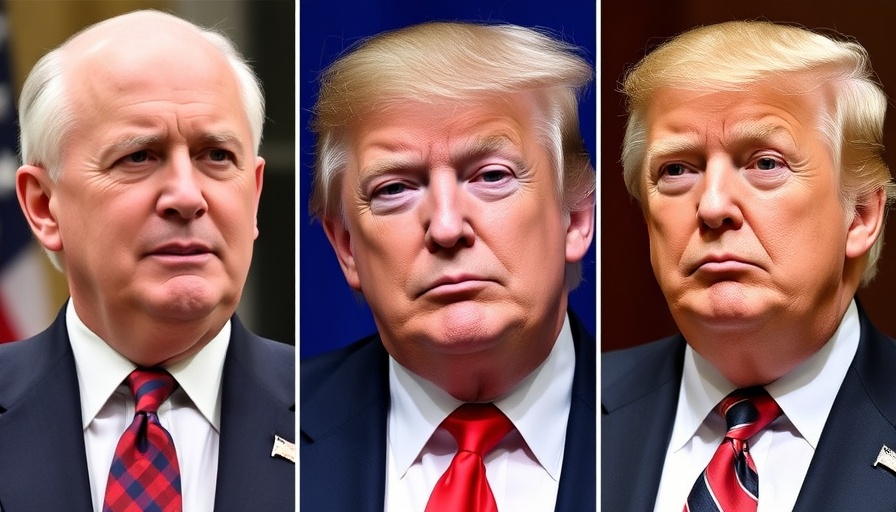
The Bold Move Toward Banking with XRP and RLUSD
Ripple, the company behind the XRP cryptocurrency, is making waves in the financial sector by applying for a U.S. banking license. This strategic move allows Ripple to pave the way for its digital currencies, XRP and RLUSD, to gain a stronger footing in conventional finance. For many, this could signify a significant shift in how digital assets are perceived and regulated.
Why This Matters in the Cryptocurrency Landscape
Securing a banking license could provide Ripple enhanced legitimacy in the market. As traditional banks grapple with the rise of digital currencies, companies like Ripple are seeking ways to integrate blockchain technology into everyday banking. Should Ripple succeed, it could encourage regulatory bodies to create clearer frameworks for digital assets, helping to alleviate some of the uncertainty that currently surrounds cryptocurrencies.
The Benefits of a Banking License
With a banking license, Ripple could offer financial services such as payment processing and secure transactions, further promoting the use of XRP and RLUSD. This not only enhances the utility of these assets but also aligns them with established regulatory standards, which could drive broader adoption among businesses and consumers alike.
A Glimpse into the Future of Finance
As we look toward the future, Ripple's aspirations could serve as a model for other cryptocurrency firms. If successful, this move might inspire a new wave of innovation in banking, allowing for greater efficiency and transparency. The potential for enhanced customer trust and engagement in a world where digital transactions are increasingly commonplace cannot be overstated.
 Add Row
Add Row  Add
Add 




Write A Comment